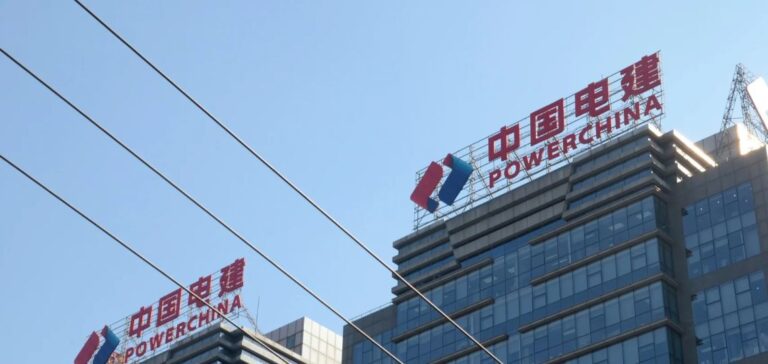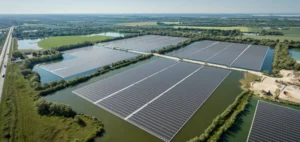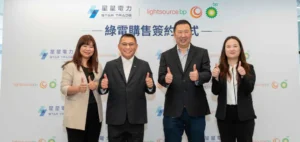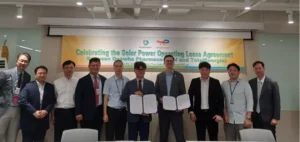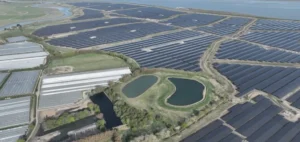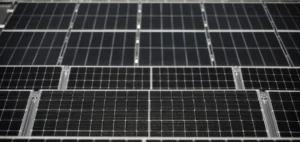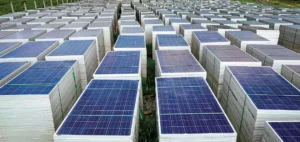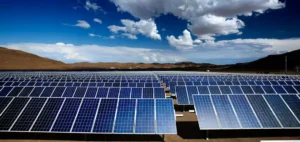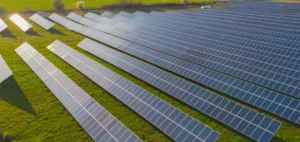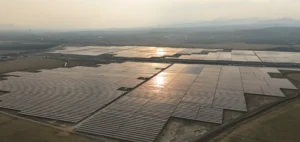A photovoltaic (PV) power plant with a capacity of 23 megawatts (MW) has been commissioned within the Ecopetrol refinery in Cartagena, Colombia. This project, built by PowerChina and exclusively using JA Solar modules, is a rare initiative integrating solar energy within oil infrastructure in Latin America.
Technical features of the project
The facility covers part of the refinery’s energy consumption and aims to reduce reliance on fossil fuels on site. The photovoltaic modules supplied by JA Solar were selected for their capacity to maximize electricity production in an industrial environment.
The decision to locate this power plant at an active oil site is a strategy aimed at testing the adaptability of solar solutions to complex industrial infrastructures. Integrating this PV plant required close collaboration between PowerChina engineers, Ecopetrol’s local teams, and JA Solar product specialists.
A collaboration between local and international players
The project was made possible through strategic partnerships between Ecopetrol, PowerChina, and JA Solar. Ecopetrol, Colombia’s leading oil operator, supervised the technical and logistical aspects of the plant’s integration. PowerChina, responsible for construction, implemented solutions tailored to the refinery’s topography and constraints. JA Solar, the exclusive module supplier, has deployed similar equipment in other projects across the region.
These collaborations align with a broader framework of commercial exchanges between Colombia and China, a key partner for introducing renewable technologies in Latin America.
The role of solar energy in heavy industry
This project provides a concrete example of renewable energy applications in heavy industry, allowing for the diversification of energy supply sources. The installed capacity of 23 MW, while modest on a national scale, meets the specific needs of the Cartagena refinery and could serve as a model for other industrial sites in Latin America.
The use of hybrid installations, combining existing infrastructure with renewable energy sources, is a growing trend in the industrial sector. This model offers perspectives to optimize energy costs while reducing dependence on external power grids.
A regional dynamic for solar energy
JA Solar has strengthened its position in Latin America by supplying modules for strategic projects in Brazil and Chile. In Brazil, its products were used in solar plants with a combined capacity of 1.2 gigawatts (GW), developed by Solatio, while in Chile, the company contributed to the commissioning of the 480 MW CEME1 photovoltaic plant.
The installation in Colombia adds to this series of projects, consolidating the increasing adoption of solar solutions in a region where renewable energy is becoming a strategic segment to meet the growing demand for electricity.

